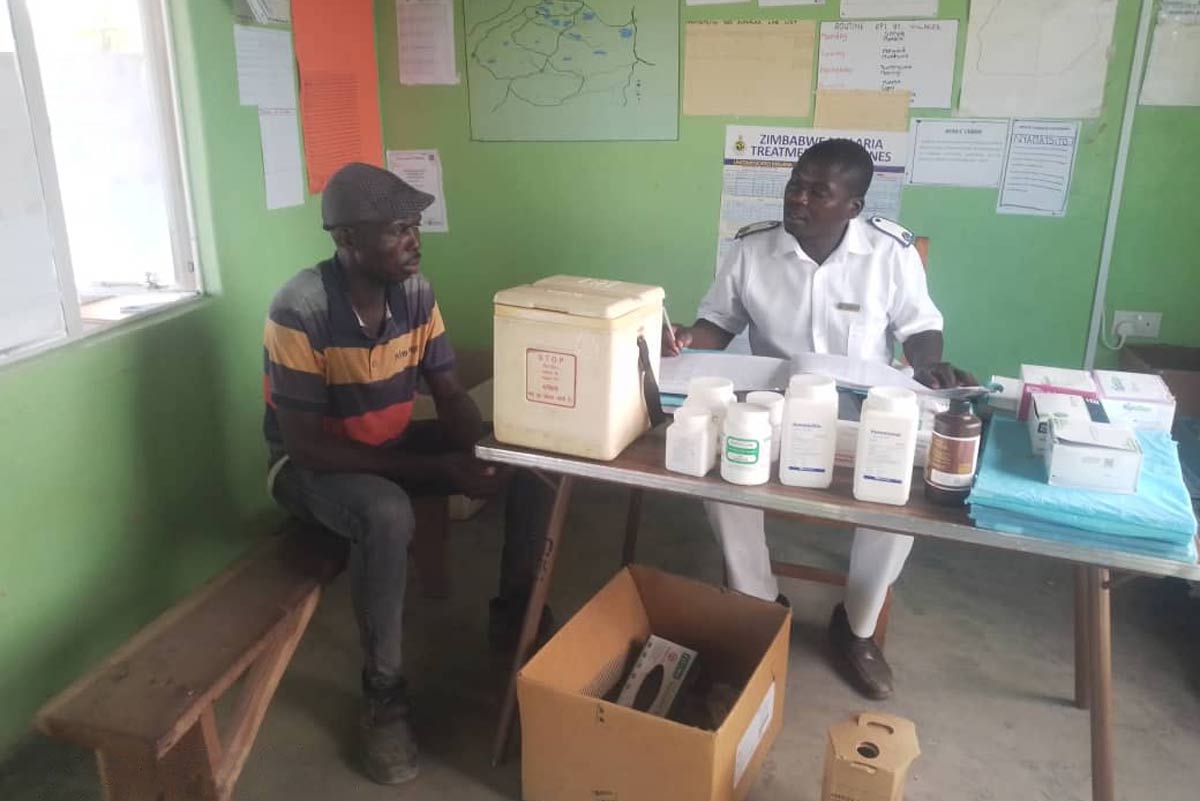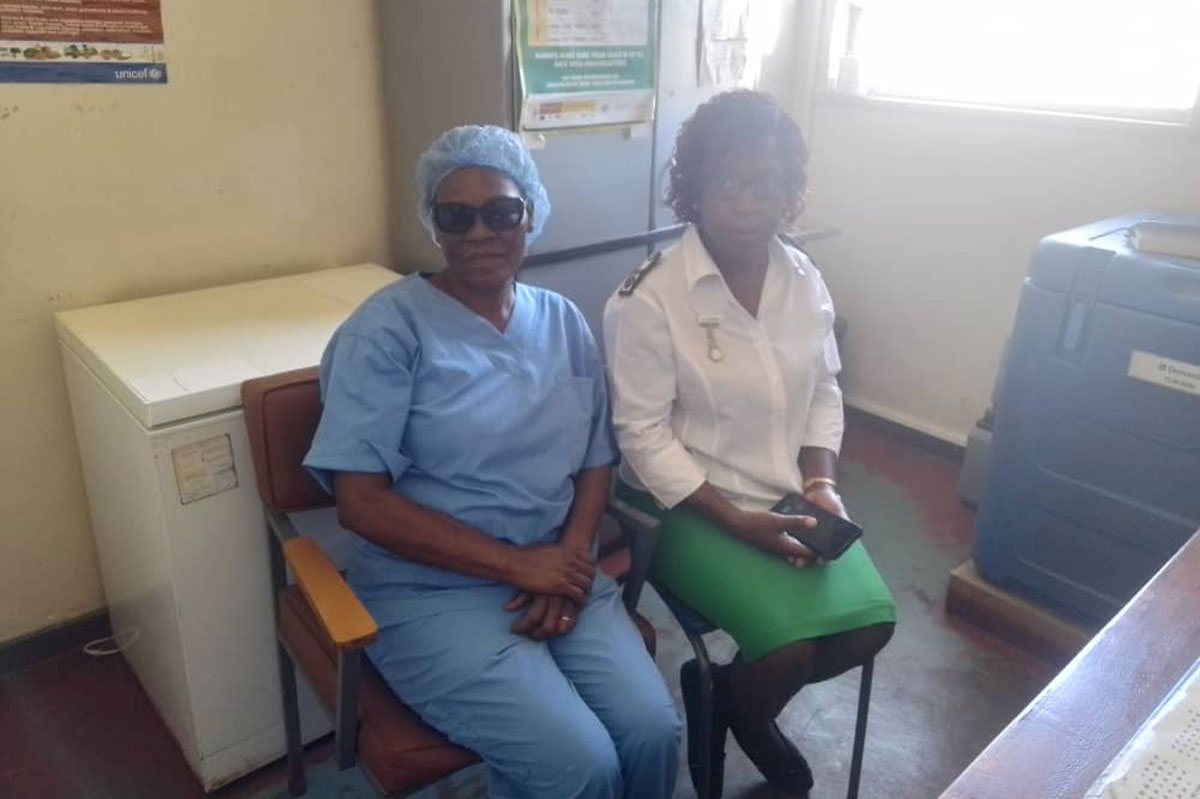In Zimbabwe, youth champions are taking the fight to cervical cancer
Younger voices are better heard by their peers, say health workers campaigning for improved HPV vaccine uptake.
- 14 October 2025
- 6 min read
- by Enos Denhere
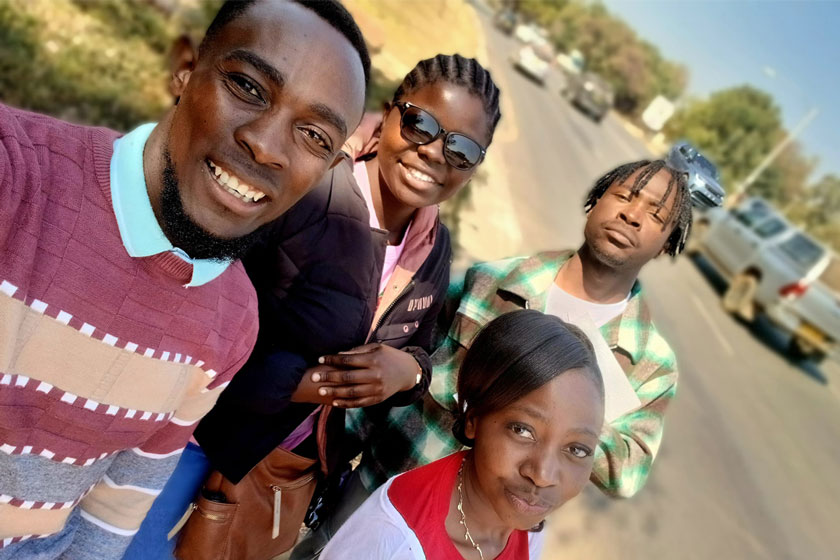
The fight against cervical cancer in Zimbabwe is gaining new energy, not from doctors in white coats or policymakers in offices, but from teenagers and young adults armed with smartphones, friend networks and a desire to save lives.
Cervical cancer is the most common cancer among women in the country, accounting for almost a third of all female cancer diagnoses, and it’s the single deadliest cancer in Zimbabweans of any sex. It’s also preventable with a dose of the human papillomavirus (HPV) vaccine – and that’s a fact these young health ambassadors are trying to spotlight in WhatsApp groups and through community campaigns. Their work is reshaping health conversations, tackling stigma and ensuring that prevention is a priority for future generations.
Voices from the frontline
Tapiwanashe Nyezana, 25, a youth health ambassador at Kuwadzana Polyclinic in the capital, Harare, speaks passionately about the importance of vaccinating young girls before they reach adulthood. “I want to see children grow up healthy and capable of fulfilling their dreams. Good health is the foundation of a successful life, which motivated me to take on this role. I believe that young girls deserve the opportunity to be protected from cervical cancer through vaccination before they reach adulthood,” she said.
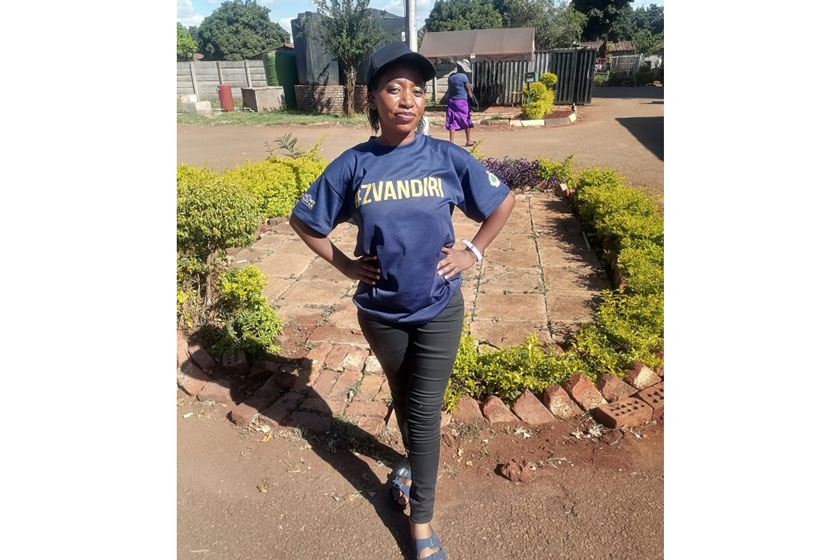
In Zimbabwe, the HPV vaccine became available free-of-charge to girls aged 10–14, in line with World Health Organization guidance, in 2018, but achieving optimal coverage has proved challenging.
“Our campaigns always emphasise the benefits of vaccines and aim to help our communities overcome fear and misconceptions. We urge young girls and their parents to act promptly and ensure children have access to vaccines, because cervical cancer is preventable through vaccination,” Nyezana said.
Barbra Mangwiro, a vendor near Kuwadzana Polyclinic, previously believed vaccines had negative side-effects – after hearing deceptive rumours that they served hidden agendas. However, after receiving vaccine education from young health ambassadors and nurses, her perspective shifted.
“I used to think vaccines were harmful, but after learning about their importance, I allowed my children to be vaccinated at school when the Ministry of Health rolled out its vaccination programmes,” she said. “I encourage mothers to make sure their children, particularly girls, are vaccinated at an early age against cervical cancer because vaccines are important.”
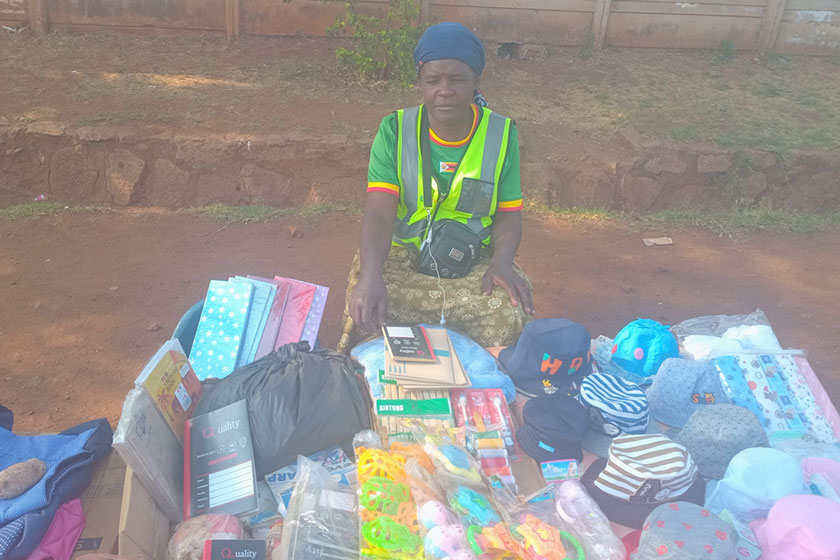
Global goals and local strategies
WHO established the ambitious “90-70-90“ goals for 2030 as part of its Global Strategy to expedite the eradication of cervical cancer as a public health issue in November 2020. Those targets stipulate that by the time they are 15 years old, 90% of girls should have received all recommended HPV vaccinations; by the time they are 35, and again 45 years old, 70% of women should have had a high-performance cervical cancer test; and 90% of women who have been diagnosed with cervical cancer or precancer should receive the proper care and treatment. WHO created the Elimination Planning Tool (EPT) to assist countries in meeting these goals based on the unique health needs of their populations.
In Zimbabwe youth ambassadors play a crucial role in translating this elimination strategy to the local level, according to the Permanent Secretary at the Ministry of Health and Child Care, Dr Aspect Maunganidze. Youth campaigners spread accurate information, address myths, and encourage early protection for girls aged 10–14 years.
“Local clinics are critical in our primary health care service delivery, and training youth advocates is fully aligned with our national HPV vaccination strategy, which aims to raise awareness, improve acceptance, and increase coverage.
“Their efforts are essential as we work toward the elimination of cervical cancer as a public health problem,” Dr Maunganidze said.
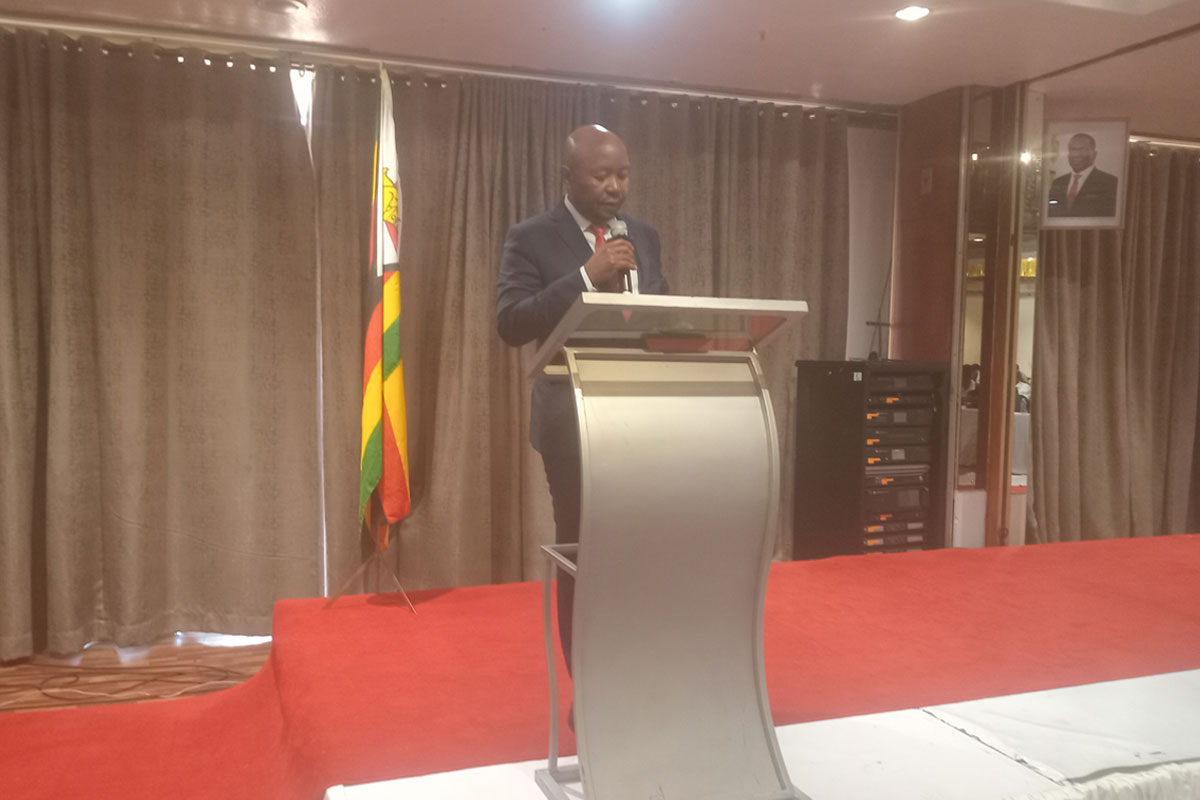
That project received a boost recently, when the Ministry recently approved a single-dose HPV vaccination schedule, following WHO recommendations. Dr Maunganidze explained, “The single-dose schedule is equally effective as the two-dose schedule, easier to deliver, and improves coverage by reducing missed doses.”
Peer influence in action
In Kuwadzana, a high-density suburb of Harare, health workers are tapping into the power of peer influence to boost HPV vaccination among young girls. According to Sister Shelly Majira of Kuwadzana Polyclinic, the suburb has a population of 103,198, which includes 34,778 children under the age of 15. Among them, 10,630 are girls aged 10 to 14 – the target group for the HPV vaccine in Zimbabwe.
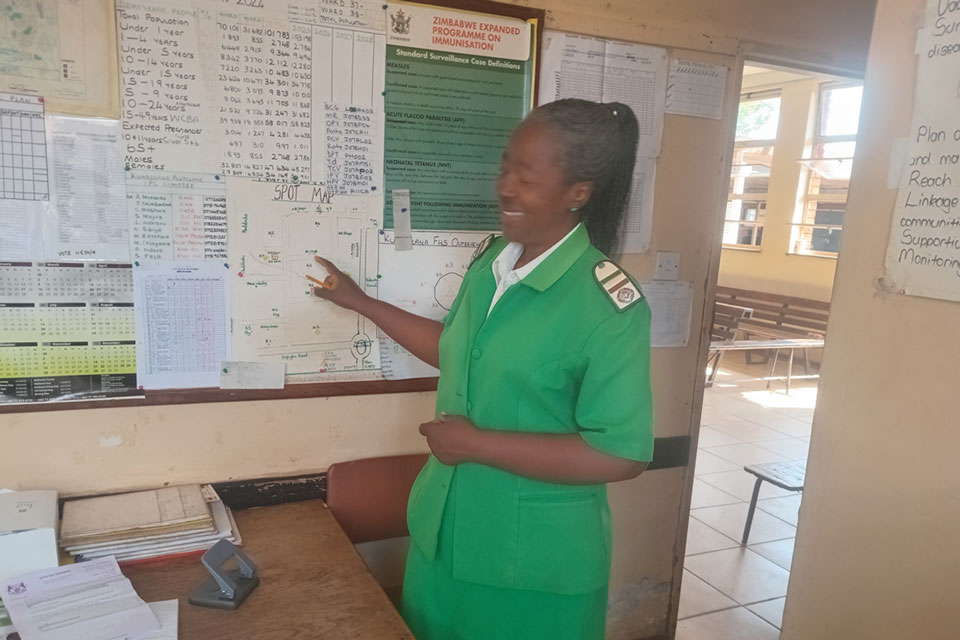
To reach this group more effectively, the clinic partners with NGOs like Zvandiri, which runs a peer-counselling initiative aimed at kids and young people living with HIV, through a programme of youth health ambassadors. These young peer educators are trained in basic health communication, myth-busting and digital advocacy. Sister Majira, who supervises the ambassadors, emphasises the value of empowering youth to lead.
“We realised that when health workers visit schools, children listen but often forget. When peers explain, the message sticks. These ambassadors know the slang, they know the platforms and they know the fears,” she explained.
Have you read?
Sister Majira notes that one of the major barriers to vaccination is parental misconceptions. Many parents mistakenly believe that the HPV vaccine is intended for family planning. This perception contributes to low walk-in numbers at clinics.
“From January to May, only seven to 17 girls per month came for HPV vaccination at the clinic. However, when we engaged in school outreach programs, we saw a remarkable increase—118 vaccinated in June and 357 in July. This shows that vigorous outreach, supported by our youth ambassadors, is key to reaching more children,” she said.
Overcoming misconceptions
Monica Mutuma, one of the youth health ambassadors, explained that their work focuses on engaging young girls, and educating them about the importance of early vaccination to protect against cervical cancer. “We share information on staying protected, fight against misinformation, and encourage vaccination while it’s still early.
“However, the final decision usually rests with the parents. Some of them used to believe the vaccine is for family planning or that it could cause infertility,” she said.
Despite encountering challenges – including a shortage of resources for creating flyers and accessing tools for data collection – Mutuma is optimistic about the impact of peer-led education. “We are grateful to Sister Majira and her team for equipping us with the knowledge and skills to respond to questions during our outreaches and at the clinic. I can confidently say that around 70% of people we interact with are welcoming us, which shows we are making headway against misinformation,” she added.
Pushing back against misinformation means making strides towards a safer future. In July, ten-year-old Keila Mazarura came home and told her mother, Ido Togaresei, about an HPV vaccination session that would be taking place at the school. In times past, Togaresei said, misconceptions would have caused her to forbid her child from receiving the jab. But lately it’s grown easier to access the facts. “I permitted her to get the dose,” Togaresei told VaccinesWork. “She was so happy about it, because it is her health that matters.”
